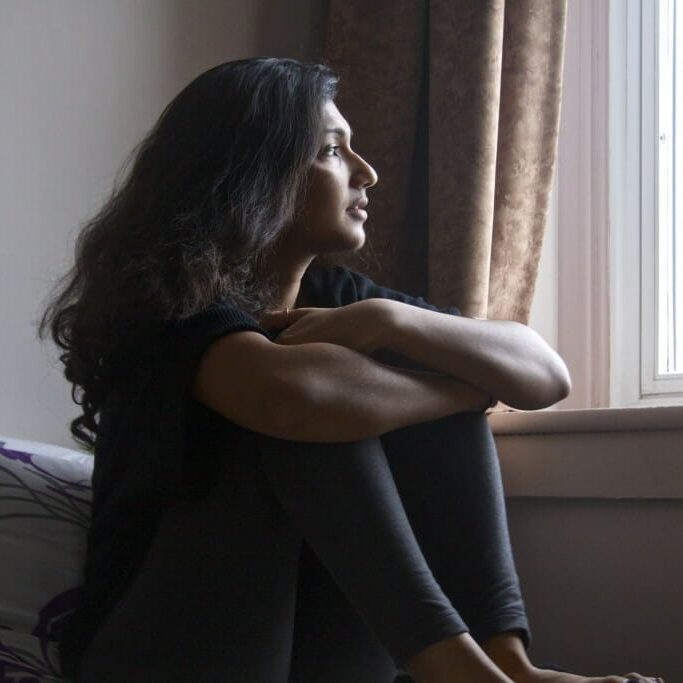
Dal releases diversity report
Report fast-tracked after dentistry scandal
“Belong”, Dalhousie’s report on diversity and inclusiveness, was released last week, amidst criticism of some aspects of the report.
University president Richard Florizone fast-tracked the publication of the report in response to the recent Dentistry scandal, leading some to believe that the rushed nature of the process did not adequately address the issues presented.
Written by a diverse group of students, faculty and staff, the committee tasked with writing the report was led by Law School president Kim Brooks. The committee met with various groups and individuals in the Dalhousie community.
“There is frustration at being asked once again what needs to be done and skepticism that anything will change,” says the report’s introduction.
Structured into six themes, the report makes a number of recommendations, including who ought to be tasked with specific changes. There is a strong emphasis on accountability and on every individual reflecting and participating in change within the Dalhousie community.
While the report focuses on aiding diversity on campus, there are areas that it does not address.
“Being able to acknowledge that sexism exists would be huge,” says Jacqueline Skiptinus, Vice President (Academic and External) of the Dalhousie Student Union.
The report recommends a form of mandatory education for all incoming students, faculty and staff on inclusiveness and diversity. It also suggests that up stander training be offered so that members of the community have the tools to speak out when they observe inappropriate behaviours and attitudes.
In order for community members to speak up, they also must be made to feel included within the university as a whole.
“Many students from different minorities, whether that be international students feeling isolated from Canadian students, or local indigenous students feeling isolated from others, the experience of isolation is all too common,” says Brenda Beagan, a member of the report committee.
The report makes a number of recommendations that would enable faculties to combat these experiences of isolation.
“If each faculty felt more like a community that would be huge,” says Skiptunis.
Skiptunis also says that the word ‘women’ is used only four times in the report, and there is nothing mentioned about the fact that Dalhousie is the only university in the U15 Group of Canadian Research Universities that does not have permanent a faculty of Gender & Women’s Studies.
In spite of these concerns, there is hope that the report might be able to affect some change.
Dalhousie is in the midst of a boom in size and diversity and Beagan says, “it’s a time when the university wants to look good on this stuff, and the opportunity is there.”
“They have to change, and they know it,” says Skiptunis.






